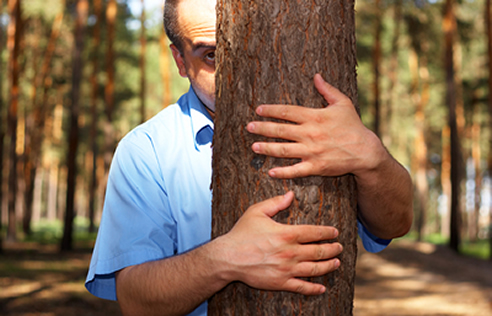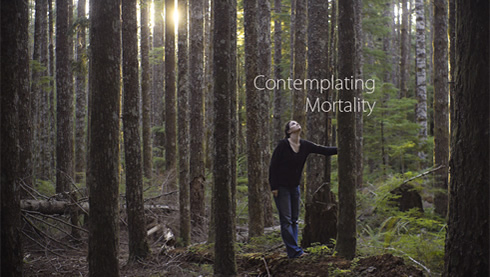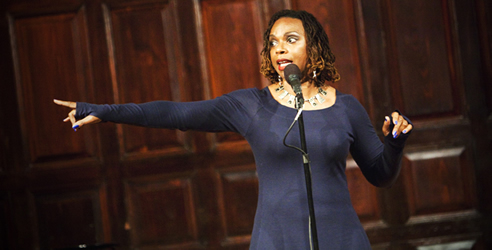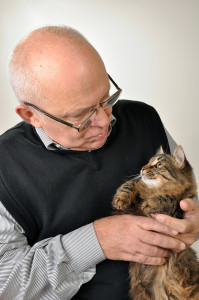
The following are a few of the comments you may have received from genuinely caring people after the death of your loved one:
- “At least they are no longer suffering.”
- “You are strong, you’ll get through this.”
- “The Lord had another plan for them.”
- “You are young; you’ve got a lot of life to live.”
- “It is good that you didn’t have children together.”
- “It is good that you had children together.”
- “You were lucky to have had so many years together.”
- “It was such an ordeal, now you can move on.”
- “I know how you feel. I…”
- “You were lucky to have had such a happy marriage.”
- “You have plenty of time, you will have more children.”
- And if a pet has died, “You will get over this. The best thing you can do is get another dog.”


 I often hear my clients say: “Why should I care about my health when I’m not sure I care to live?”
I often hear my clients say: “Why should I care about my health when I’m not sure I care to live?”
 “Wearing my father’s coat. He has died. I didn’t like him, but I wear the coat.”
“Wearing my father’s coat. He has died. I didn’t like him, but I wear the coat.” 
 The death of a pet can be devastating for anyone, but the loss is often monumental for a person living alone.
The death of a pet can be devastating for anyone, but the loss is often monumental for a person living alone.